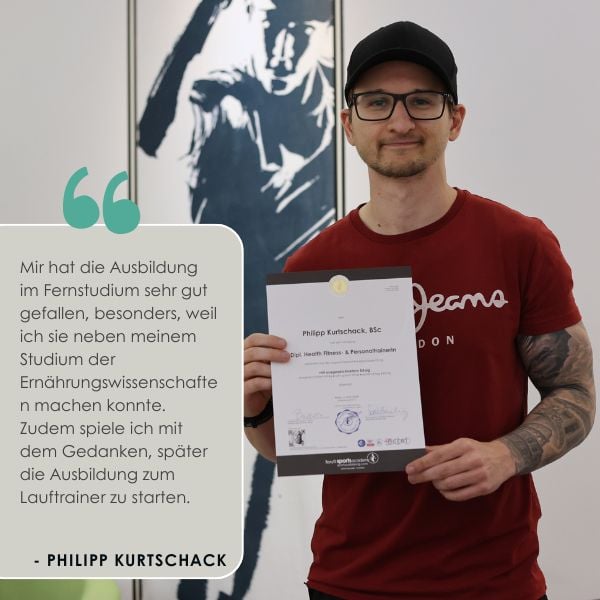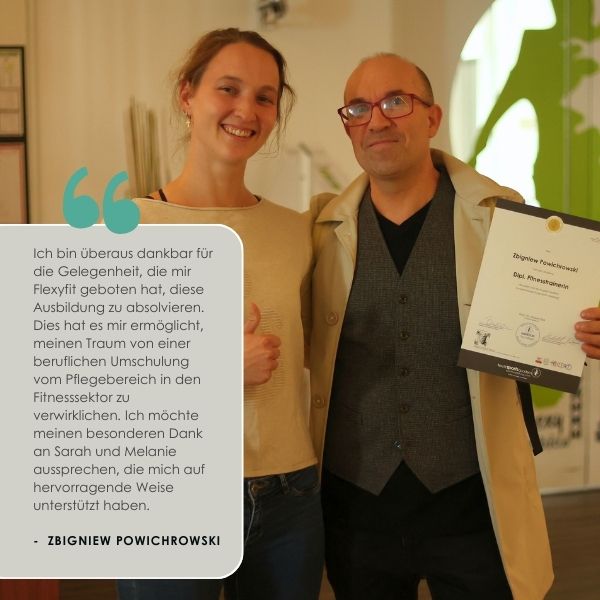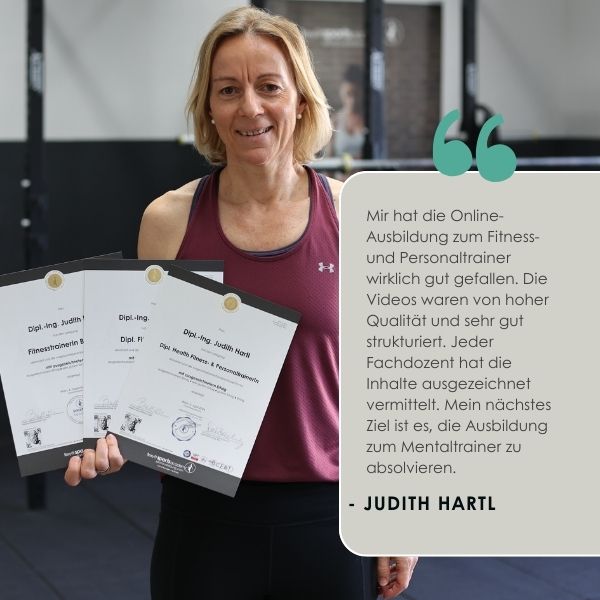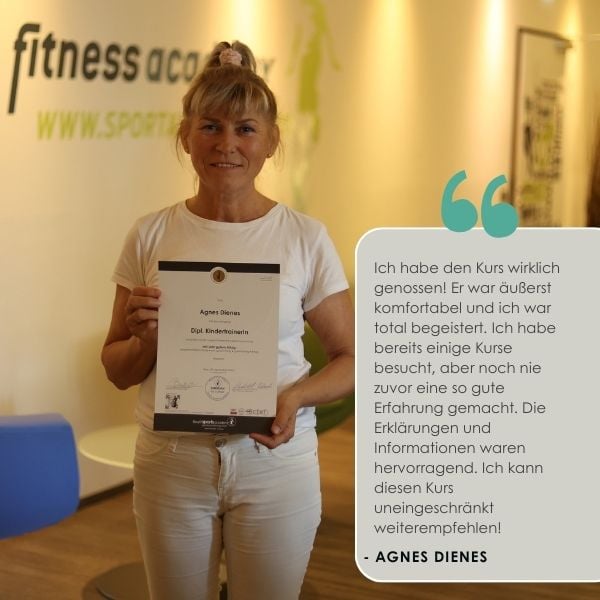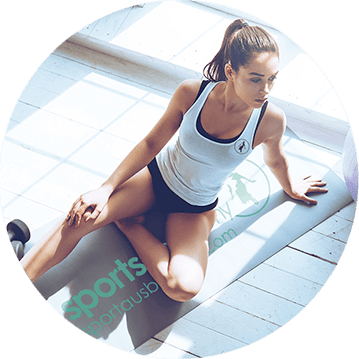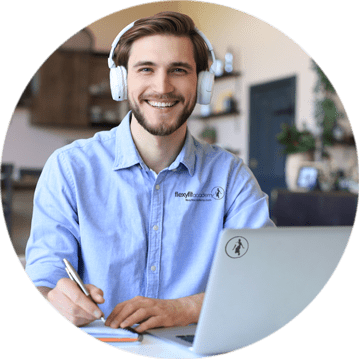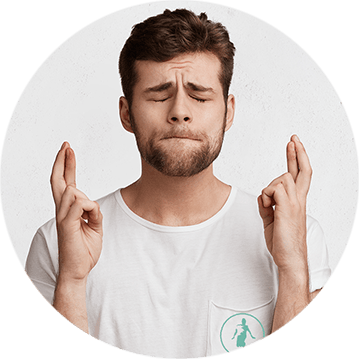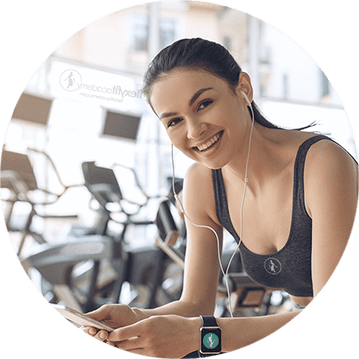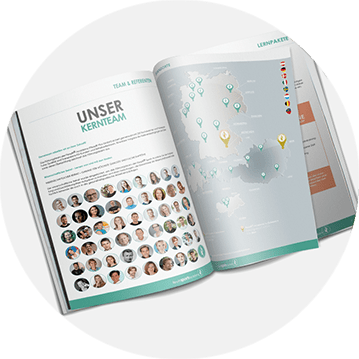Every chain is only as strong as its weakest link. Due to dysfunctions, asymmetries, and restrictions in the range of motion, many individuals experience discomfort in both the passive and/or active musculoskeletal system, increasing the risk of injury or premature wear and tear. In the Functional Movement Analysis unit, participants learn why daily routines, poor training, or prior injuries affect mobility, stability, and connective tissue, leading to dysfunctional movement patterns. Through the Functional Movement Screen (FMS), participants become acquainted with a tool that allows a trainer to identify existing deficits, correct them, and help clients avoid injuries and overloads in the long term. The Functional Movement Screen encompasses fundamental movement patterns, motor control within movement patterns, and the execution of basic, non-sport-specific movements. With this movement test, mobility and stability in the ankle, knee, hip, shoulder joints, and spine, as well as neuromuscular control, can be assessed. The FMS includes 7 fundamental movement patterns, enabling the detection of weaknesses, imbalances, asymmetries, and limitations. In the practical part, the FMS is performed and evaluated by each participant, uncovering possible deficits and allowing participants to refine their observational skills through mutual assessment. Finally, based on the test results, it is essential to recognize weaknesses, identify corrective patterns, and integrate them into a targeted training cycle.

































































